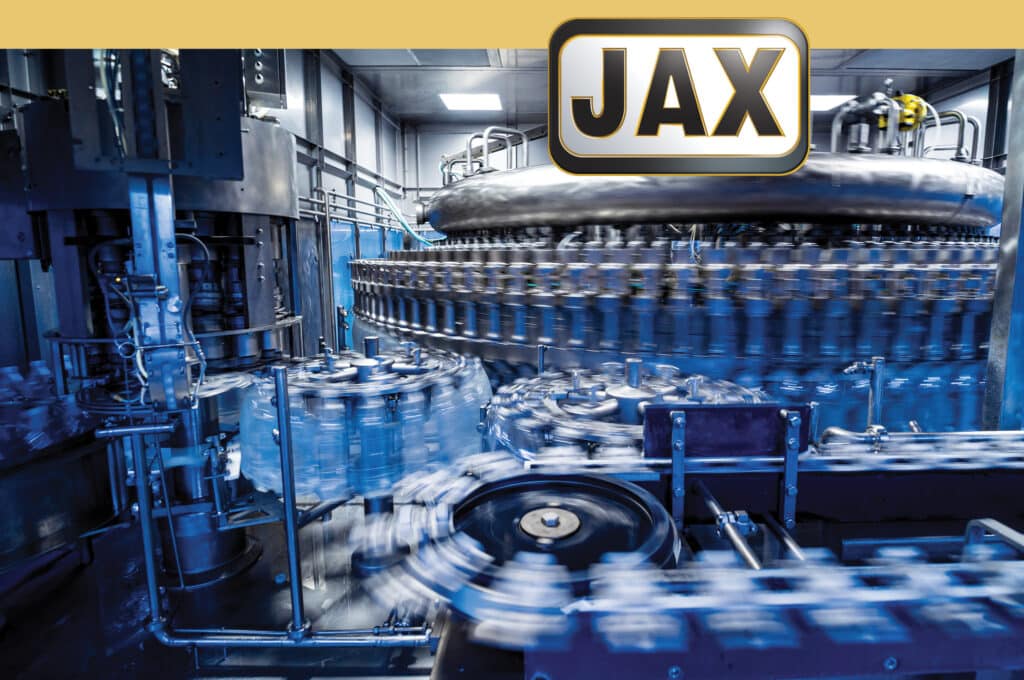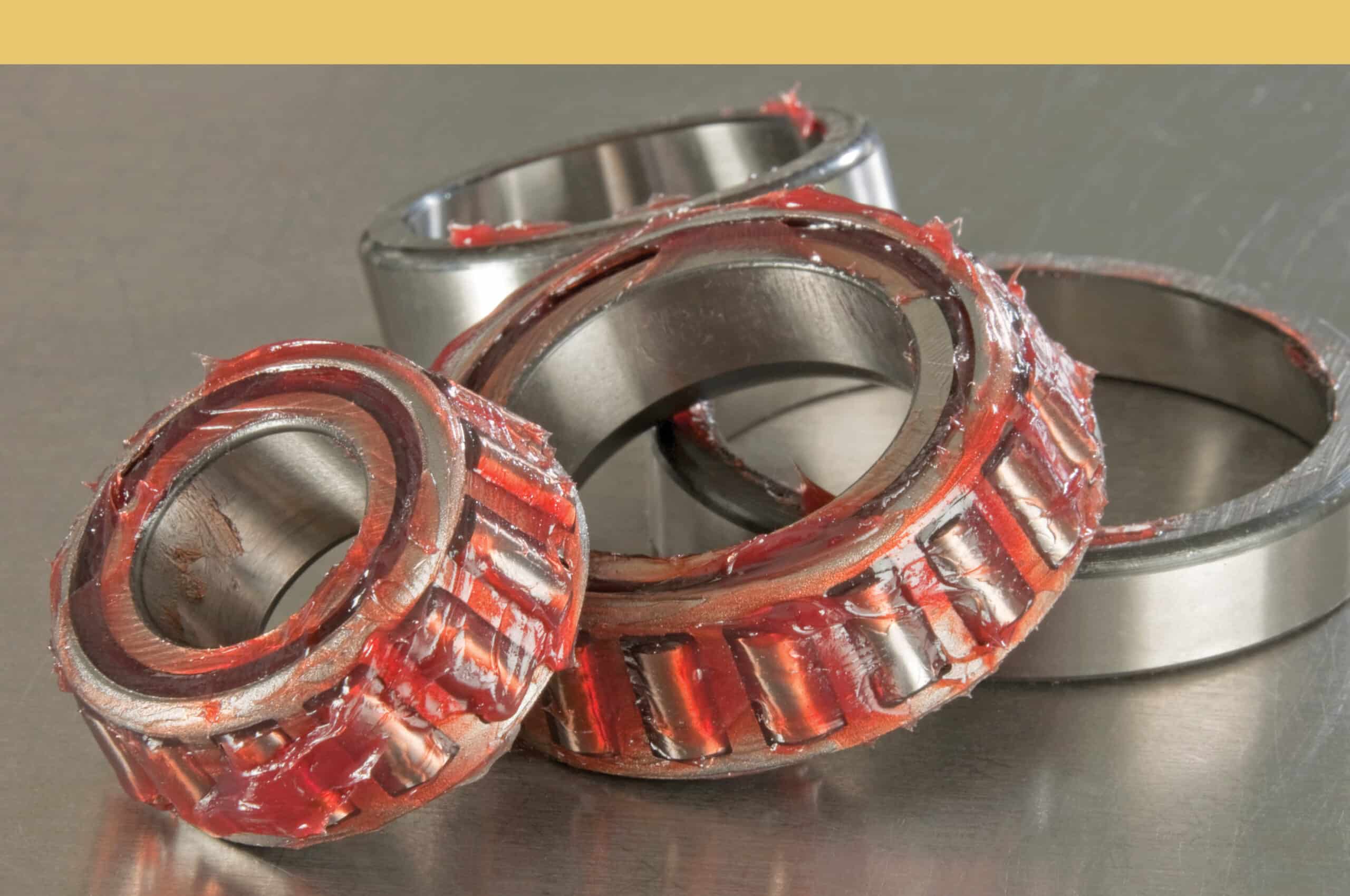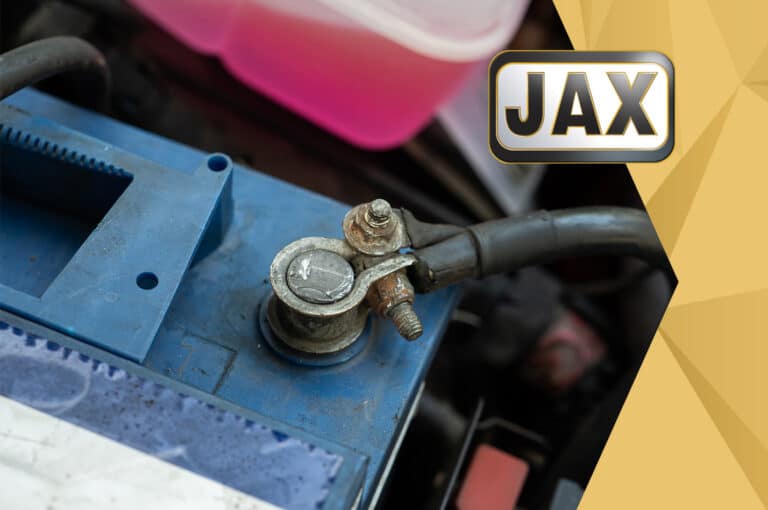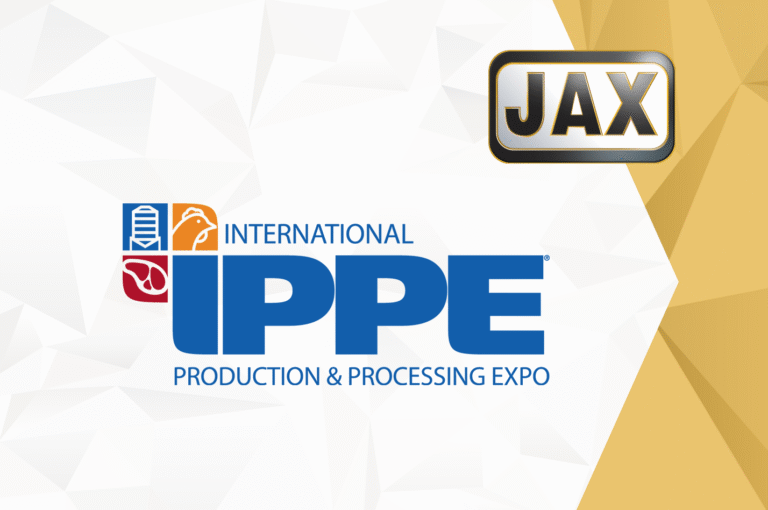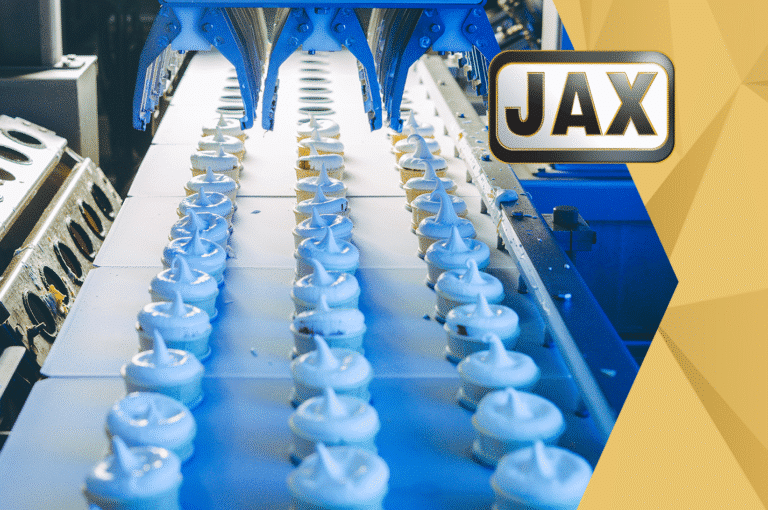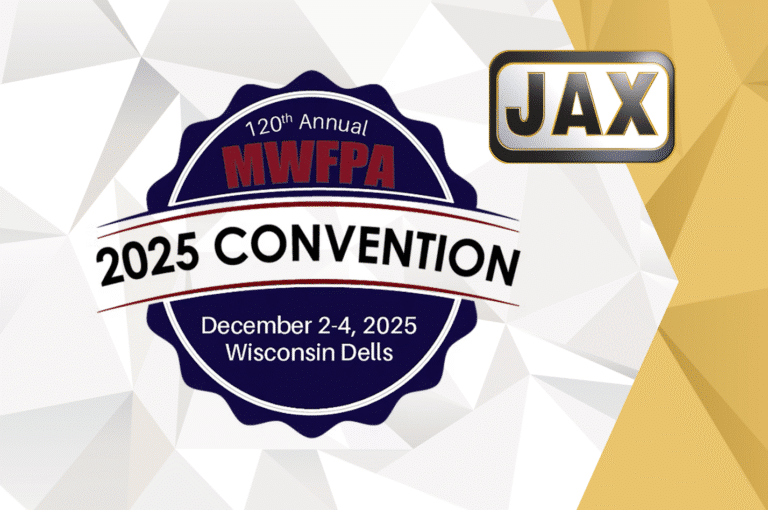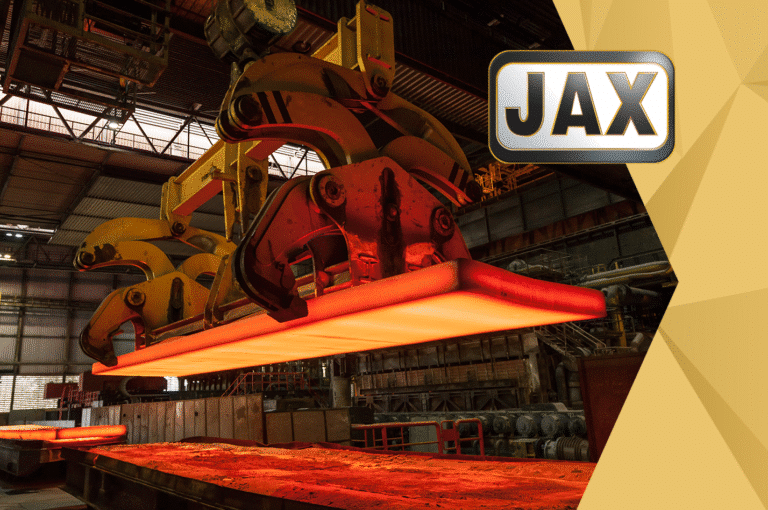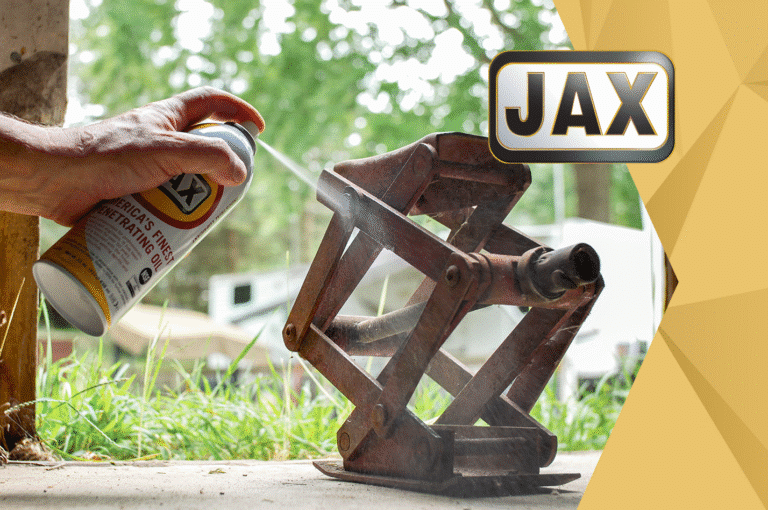What is Food Grade Grease?
Food grade grease is a type of lubricant specifically formulated to meet the unique requirements of food processing facilities. It is designed to minimize the risk of contamination in case of incidental contact with food. This ensures consumer safety and compliance with regulatory standards, outlined by the FDA. The National Sanitation Foundation (NSF) utilizes these standards to evaluate and categorize lubricants that come in contact with food. Food grade greases that are suitable for incidental food contact are given the NSF H1 designation. NSF H1 food grade greases can only have certain base oils, additives, and thickeners. These ingredients are specified by FDA regulations found in 21 CFR 178.3750. Food grade grease formulations go through rigorous certification processes to guarantee its suitability for use in food-related applications.
Why Use Grease?
Whereas oil is typically used on chains, splash lubricated gear boxes, and more, grease is typically used when you need a lubricant to stay put in hard-to-reach places. Greases are resistant to water washout, and they stay put on surfaces, which make them perfect lubricants for applications such as open gears and bearings. Oil is also not always suitable for remaining in bearings subject to periodic lubrication. To effectively purge contaminants and stay put in bearings subject to washdown and sanitization, you need the pressure offered by a grease gun. It is important to know when to use grease versus oil.
Uses of Food Grade Grease in the Food Processing Industry
-
Bearing Lubrication
Food processing facilities operate a wide range of machinery, including mixers, conveyors, slicers, and packaging equipment. Many of these applications utilize a range of bearings, from tapered roller bearings to high-speed ball bearings, to ensure optimal machinery efficiency and smooth operation. Lubrication of these bearings with a NSF H1 food grade grease provides the necessary boundary lubrication, acts as a protective film, and prevents premature seizures, wear, or corrosion. These benefits will extend the lifespan of the bearing and the equipment.
-
Seals, Gaskets, and Valve Lubrication
Food processing equipment often includes seals, gaskets, and valves that require lubrication for proper functioning. Food grade grease, formulated to be safe in incidental food contact, is ideal for lubricating these components. Specific H1 food grade greases are designed to ensure a variety of rubber applications maintain their correct elasticity, preventing leakage or contamination. The H1 food grade greases protect against corrosion, ensuring a safe and hygienic processing environment while also preventing valve seizures.
-
Food Cutting and Slicing Machinery Lubrication
In food processing, precision cutting and slicing equipment are used for various applications. Food grade grease is applied to the moving parts of slicers, dicers, and portioning machines to ensure smooth operation and consistent cutting results. Food grade greases designed for these applications must be able to lubricate in low temperature environments when processing chilled foods, as well as exhibit high-temperature stability and resistance to water washout for more demanding steam and cooking applications.
JAX and Food Grade Grease
JAX was the first company to develop food grade greases. Over the years, we have developed many different solutions for a variety of applications in food processing environments. Here is a snapshot of a few key grease products.
JAX Halo-Guard® FG
Halo-Guard FG is NSF H1 registered and is formulated for extreme pressure applications, such as highly loaded gear sets and bearings. This grease contains a calcium sulfonate thickener which provides high load-carrying capabilities and rust and corrosion control. It also provides excellent water resistance and high-temperature performance.
JAX Poly-Guard™ FG
Poly-Guard FG performs very well at high-temperature and high-speed bearing applications. It is NSF H1 registered and provides exceptional antiwear performance. Poly-Guard FG has a polyurea thickener which makes it good for high-speed and high-temperature applications such as seaming rolls and ceramic seaming roll bearings.
JAX Magna-Plate® 8
Magna-Plate 8 is an NSF H1 registered grease designed for use in high-speed bearing applications. It contains a calcium thickener that resists water and allows the grease to maintain a smooth, buttery texture with little or no tackiness. It works well in saws, knives, seaming rolls, peelers, dicers, huskers, shredders, and many other applications.
JAX Magna-Plate® 22
Magna-Plate 22 was designed for use in low-temp chilling and freezer applications. Its calcium sulfonate complex thickener technology provides mechanical stability, very high load carrying ability and rust and corrosion control. It performs well in cold environments but maintains an excellent body if the temperature elevates. Like Magna-Plate 8, it also resists water and resists tackiness. It is NSF H1 registered.
JAX Magna-Plate® 44 Series
Magna-Plate 44 H1 greases are the ideal solution for auto lubrication systems. Their ability to resist water and separation in the feed lines allow them to provide exceptional lubrication to all critical points.
JAX Hydro-Chain Grease FG
Hydro-Chain FG is a food grade, water resistant grease made to withstand the steam, water and high loads found in hydrostatic cooker chain applications. It protects against rust and corrosion and will not wash off in water or acid washdowns. It resists oil bleed, extending grease intervals, reducing maintenance costs, and prolonging the life of the chain.
Conclusion
Food grade greases are indispensable lubricants in the food processing industry. They ensure the smooth operation of equipment by providing the necessary boundary film lubrication. Food grade greases are formulated to prevent contamination, corrosion, wear, and seizures, all while safeguarding consumer safety. By using food grade grease in various applications such as bearings, seals, gaskets, valves, cutting machinery, and slicers, food processing facilities can optimize productivity and adhere to strict regulatory standards.
For superior performance and compliance with food safety regulations, it is essential to choose a reputable supplier of food grade grease. Prioritizing the use of food grade lubricants not only protects your equipment but also contributes to maintaining the integrity and quality of the food products you provide.
Remember, when it comes to food processing, always invest in the appropriate lubrication solution.

